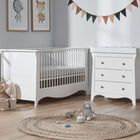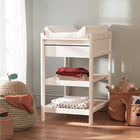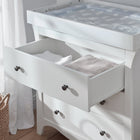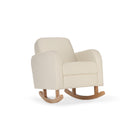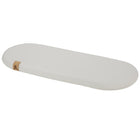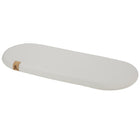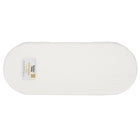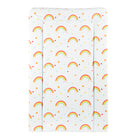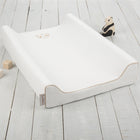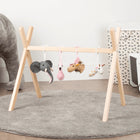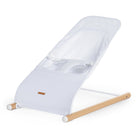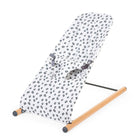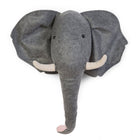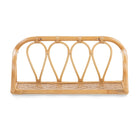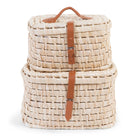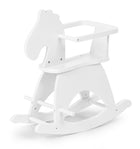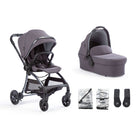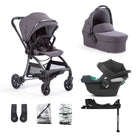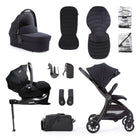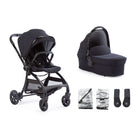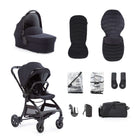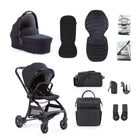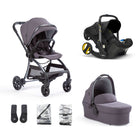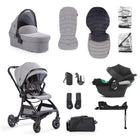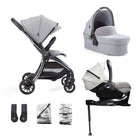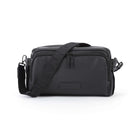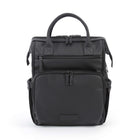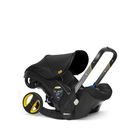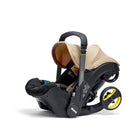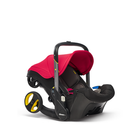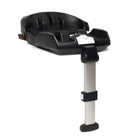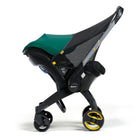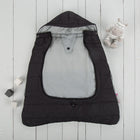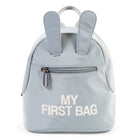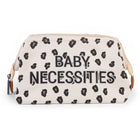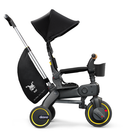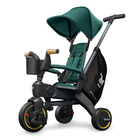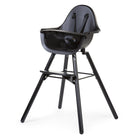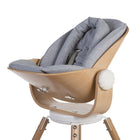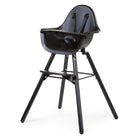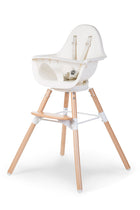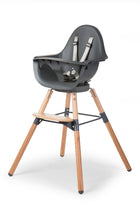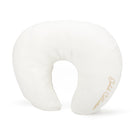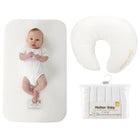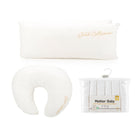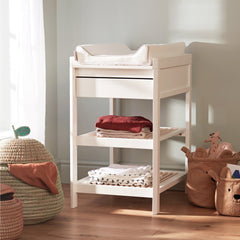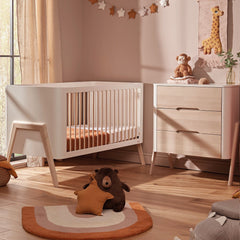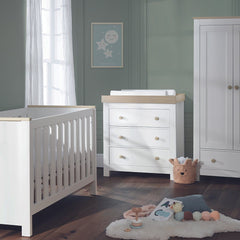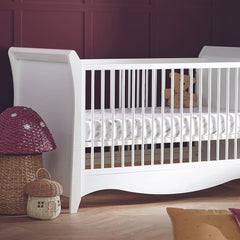

looking for something specific?
take a look at our blog categories and get the advice and guidance you need!
Pregnancy
becoming a parent is one of the greatest things in life, but it can also be one of the scariest! the uncertainty of what parenthood will bring can spook anyone, but we hope to calm those nerves with a little advice from the experts.
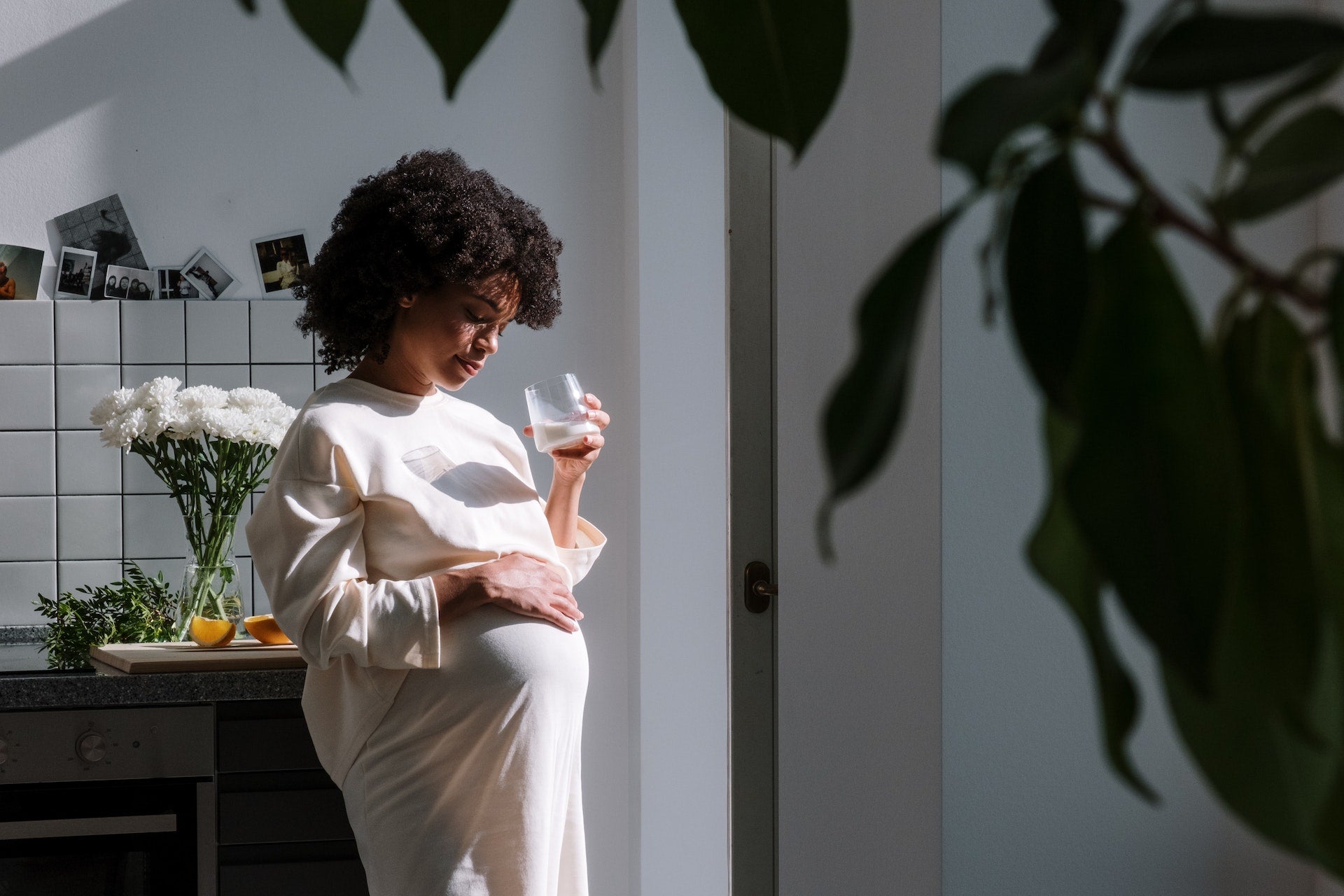
Having a healthy, balanced diet during pregnancy is important for both you and your baby. By eating a varied diet, you can ensure that you’re getting the nutrients you both need to help your baby grow and develop.
Eat Well Guide
A healthy diet doesn’t necessarily mean cutting out all your favourite foods. But instead, changing the number of different foods you eat to achieve a varied diet. The NHS Eat Well Guide makes it easy to understand how much of what you eat should come from each food group.
Cooking a balanced, nutritional meal may be the last thing on your mind when pregnant. Especially during your first trimester, when you may be experiencing sickness or tiredness.
But not to worry, as you don’t have to achieve the right balance in every meal. The NHS states that you should aim to get the balance right over the course of the week.
Myth-busting
A common myth you’ll hear while pregnant is that you’re now ‘eating for two’. However, when you’re pregnant, you don’t need to have larger portions or extra food. The best way to ensure your baby is getting the essential nutrients they need to develop is by trying to achieve a healthy, balanced diet.
It's normal to have an increased appetite during your pregnancy. According to BabyCenter, the reason you feel hungrier is due to changes in your hormones. They explain that even though you may feel ravenous, you don’t actually need any extra calories. It’s only in the third trimester that you need an extra 200 calories a day.

Fruit and Vegetables
Fruit and vegetables are full of vitamins and minerals as well as fibre, which can help prevent constipation. They also release energy slowly, so you feel fuller for longer.
Therefore, you should eat at least 5 portions of fruit and vegetables a day. These can be in the form of fresh, canned or frozen fruit and vegetables. When shopping for canned fruit and vegetables, you should opt for those that are tinned, in natural juice or water, with no added salt or sugar.
Remember to always wash fresh fruit and vegetables.
For more information on what counts as one of your 5 A Day, visit the Eat Well guide.

Important Vitamins and Minerals in Pregnancy
A healthy, varied diet should help you get most of the vitamins and minerals you need during pregnancy. However, the NHS recommends pregnant women to take a folic acid supplement and a vitamin D supplement.
Folic Acid
Start taking folic acid as soon as you begin trying for a baby or as soon as you find out you're pregnant. The NHS advise you to take a folic acid supplement that contains 400 micrograms (mcg) every day until the end of your first trimester. It’s important to follow this advice as folic acid can prevent neural tube defects such as spina bifida.
Vitamin D
Vitamin D is essential for healthy bones and muscles. During autumn and winter (between October and early March), the lack of sunlight means we cannot make the vitamin D we need. Therefore, you should consider taking a daily vitamin D supplement containing 10mcg.
Vitamins You Should Avoid
During your pregnancy, you should avoid supplements and multivitamins containing vitamin A (retinol). Too much vitamin A can harm your baby’s development. This also includes liver products such as fish liver oil.
If you’re unsure or have any doubts about vitamins and supplements. We recommend speaking to a healthcare professional.
Food and Drink to Avoid During Pregnancy
There are certain food and drink you should avoid while you’re pregnant. Some are more obvious than others, like alcohol. But others may surprise you.
Below is a condensed list of food and drink you should avoid:
- Raw or undercooked meat
- Game meats such as partridge
- All types of pâte
- Liver and liver products
- Raw shellfish
- Shark
- Swordfish
- Marlin
- Unpasteurised milk and dairy products
- Mould-ripened soft cheeses (unless cooked until steaming hot)
- Soft blue cheeses (unless cooked until steaming hot)
- Soft goats’ cheese (unless cooked until steaming hot)
- Raw or undercooked eggs that aren’t British Lion eggs
- Alcohol
- More than 200 mg of caffeine per day
We suggest you ask your GP or midwife for a full list of food and drink you should avoid while pregnant.
A Happy, Healthy Pregnancy
The most important thing to remember during your pregnancy is to eat a variety of foods to help achieve a balanced diet. Healthy eating doesn’t have to feel like a chore.
Remember, you can still enjoy your favourite foods. But just keep in mind that if sugary food and drinks are your favourite treats. You need to have these less often and in small amounts.
For further advice and guidance, speak to your doctor or midwife. Before making any changes to your diet, make sure you speak to a healthcare professional.
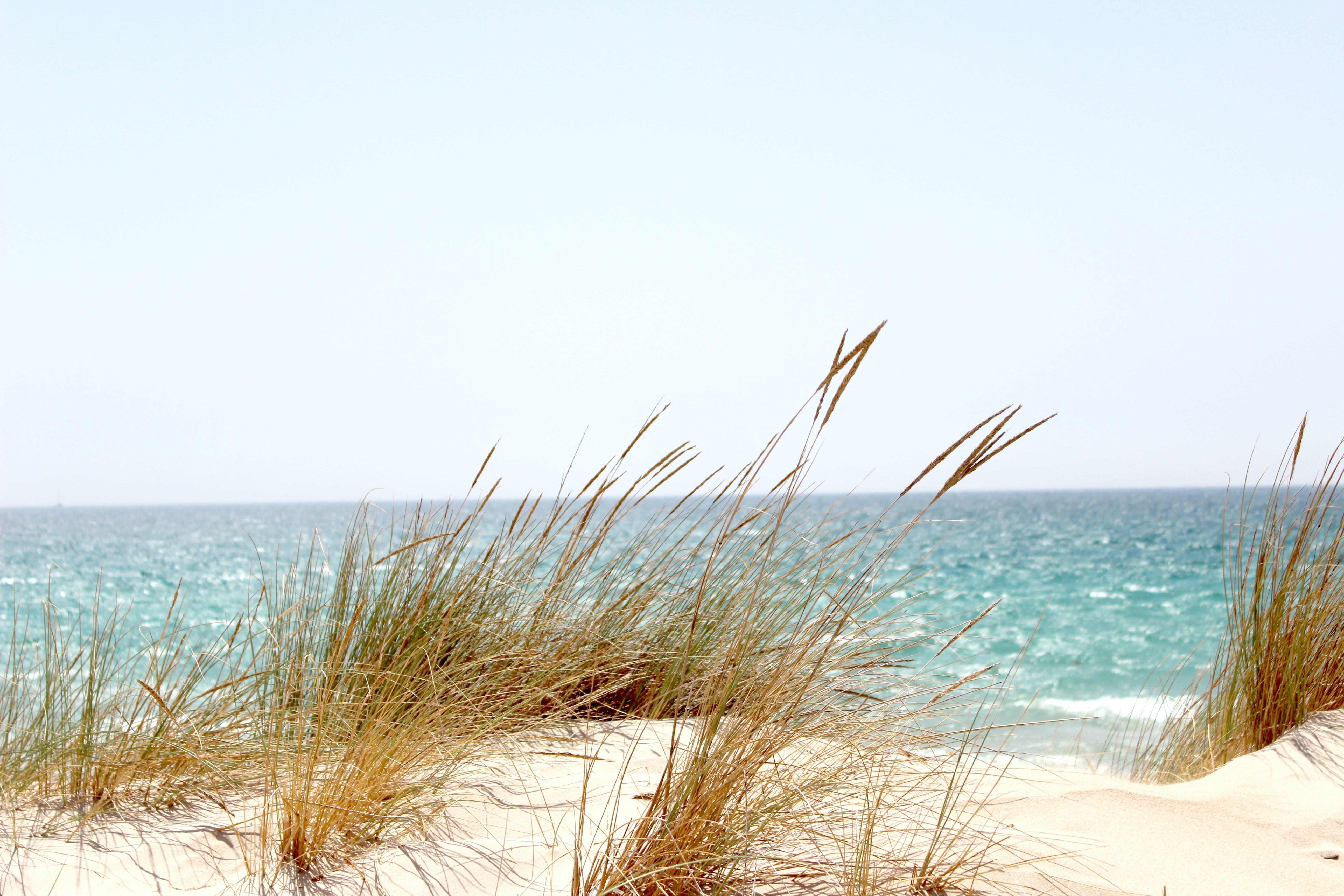
One last getaway for you and you’re partner before your little one arrives may be at the top of your to-do list. Over the years, the babymoon trend has exploded with the help of celebrities leading the way, such as Love Island stars Olivia and Alex Bowen. Who posted snaps of their babymoon in Tenerife. Before the arrival of their baby boy, Abel, in June.

Travel companies like Jet2holidays and First Choice even have pages on their site dedicated to babymoon destinations. But before you book your last hurrah. You should research and speak to your doctor or midwife about flying when pregnant. So you can plan ahead to ensure your babymoon is as relaxing as possible.
When to Travel During Pregnancy
Every pregnancy is different, and what you experience during a certain stage of pregnancy may be the complete opposite of what your friend does. However, the first 12 weeks, also known as the first trimester, can be particularly tiring. In early pregnancy, you may experience morning sickness and nausea. Therefore, you may want to avoid taking a trip away during this time. Plus, the risk of miscarriage is higher in the first 3 months, whether you’re travelling or not.
Another period you should avoid flying is during the final months of your pregnancy. It’s common to feel more and more uncomfortable the closer to the due date you get. You may struggle to sleep with your bump or experience leg cramps when trying to drift off to sleep.
For many pregnant women, the best time to travel and take that pre-baby holiday is in the second trimester, which is between 4 and 6 months.

Weeks of Pregnancy
After 28 weeks, your airline may request a letter from your doctor or midwife. That confirms your due date and that you’re not at risk of any complications.
It is important to consider that some airlines may not let you fly towards the end of your pregnancy. One reason is that the chance of going into labour is naturally higher after 37 weeks or around 32 weeks if you’re expecting twins. According to the NHS Start4Life website, at 37 weeks, your baby could make an appearance at any time, and this would not be considered early.
Travel Insurance
When shopping for travel insurance before you jet off, it’s important to bear in mind every eventuality. You should make sure you’re covered for all circumstances, such as an early birth, medical care during labour and the cost of changing your return trip if you do go into labour.
Plan Ahead
As we mentioned at the start, planning is the key to a stress-free babymoon. Once you’ve decided on the destination you’d like to visit. Make sure you research before booking your flights to ensure there are healthcare facilities nearby, should you need them.
It’s also a good idea to take a copy of your maternity notes/medical records in your hand luggage. Along with any medication you require while away. Another thing you may find useful is speaking to your midwife or doctor about any concerns you have before setting off for your trip, especially if you’re travelling later in your pregnancy.

Long-distance Travel
For most pregnant women, spending longer than 4 hours on a plane is their worst nightmare. However, if you’re thinking about taking a long-haul flight, you should be aware that it carries a small risk of blood clots – Deep Vein Thrombosis (DVT). To reduce the risk of this happening, you may want to wear compression stockings.
You should also drink plenty of water to avoid dehydration and try to reserve an aisle seat or one with extra leg room.
Remember to get out of your seat and move around regularly. You should aim to do this every 30 minutes or so.
Destination
Choosing the right destination for your babymoon can be a difficult task. But there are a few factors you should take into consideration:
- Will you need any travel vaccinations? (Ask your Midwife or GP about travel vaccinations).
- What will the weather be like?
- How long is the flight?
Tips for When You Get There
- Drink bottled water if unsure whether the tap water is safe to drink.
- Be careful when eating and drinking to avoid water-borne conditions, for example an upset stomach and travellers’ diarrhoea – keep this in mind when washing fruit and veg.
- Pack suitable clothes and shoes that you’ll be comfortable in. Remember, your feet may swell in warm temperatures.
- Be mindful when planning activities, and don’t push yourself too hard. A babymoon is supposed to be relaxing.
- If you’re going to a sunny destination, be sure to pack a higher SPF, as your skin is more sensitive when pregnant.
- Make sure you don’t lift any heavy suitcases or bags.
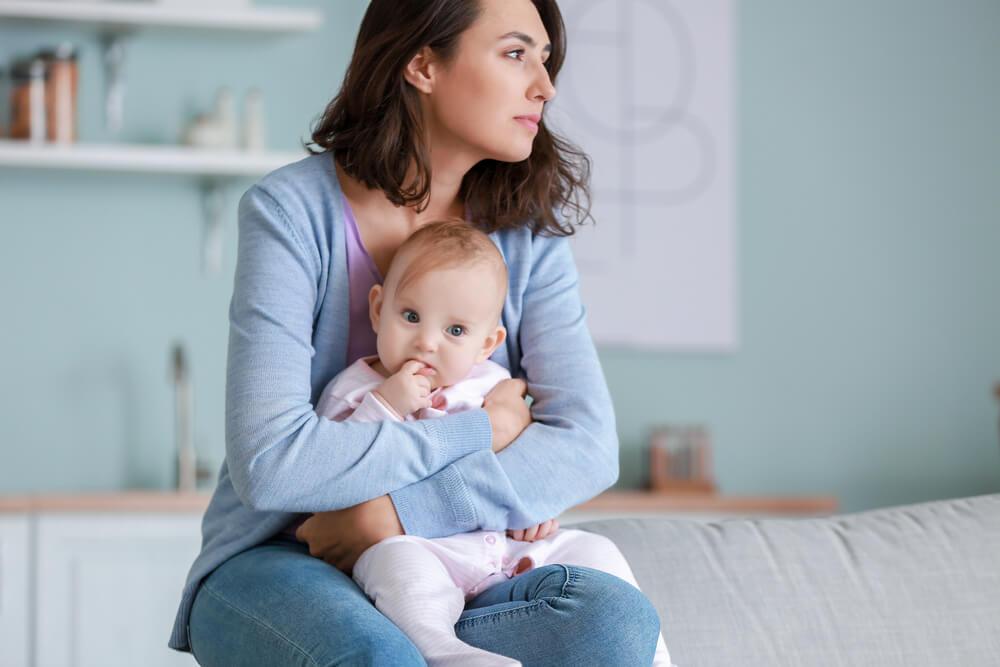
Postnatal depression affects 1 in 10 women. Learn how to identify symptoms and what you should do.
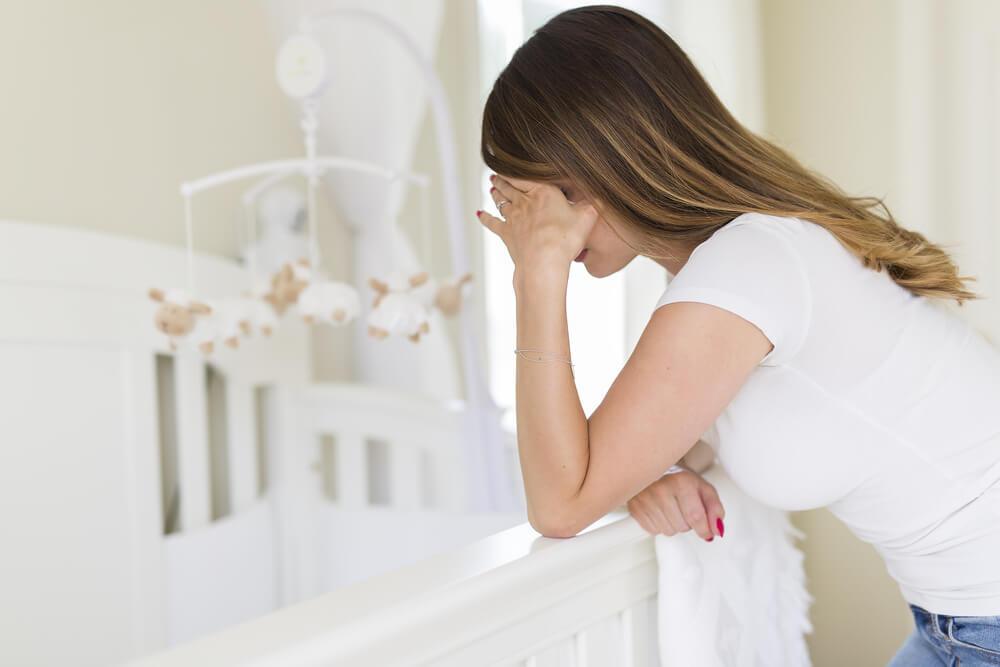
Anxiety & depression are more common after the birth of a baby. The worry can be overwhelming. Learn how postnatal anxiety can be treated.
check out our latest articles
How to Choose a Baby Changing Table
Choosing a Baby Changing Table Newborns go through nappies at a rate of about 70 nappies per week. That equates to a lot of time changing nappies a...
read moreBanana Oat Pancakes for Weaning Babies
Pancake Day is the perfect opportunity for the whole family to sit down together and enjoy some tasty treats. Paediatric Dietitian, Kat Martinez-...
read moreHow to Buy Gender-Neutral Furniture
Move over pink and blue, gender-neutral is here to stay. Gender-neutral designs for your little one’s room and furnishings are becoming increasingl...
read moreNursery Checklist: The Essentials You'll Need
You won’t be surprised to learn that having a baby comes with a lot of new “stuff” that you never needed previously. But it can be hard to work o...
read moreHow to Choose the Right Cot Bed For Your Baby
Though it might not seem like it to sleep-deprived mothers, babies sleep most of the time during their first two years of life. This means that the...
read moreHow to Teach a Baby to Self-Soothe
You’ve rocked your baby to sleep. Sung them to sleep. Breastfed or bottle-fed them to sleep. You’re an expert at sending your baby to dreamland, bu...
read more

